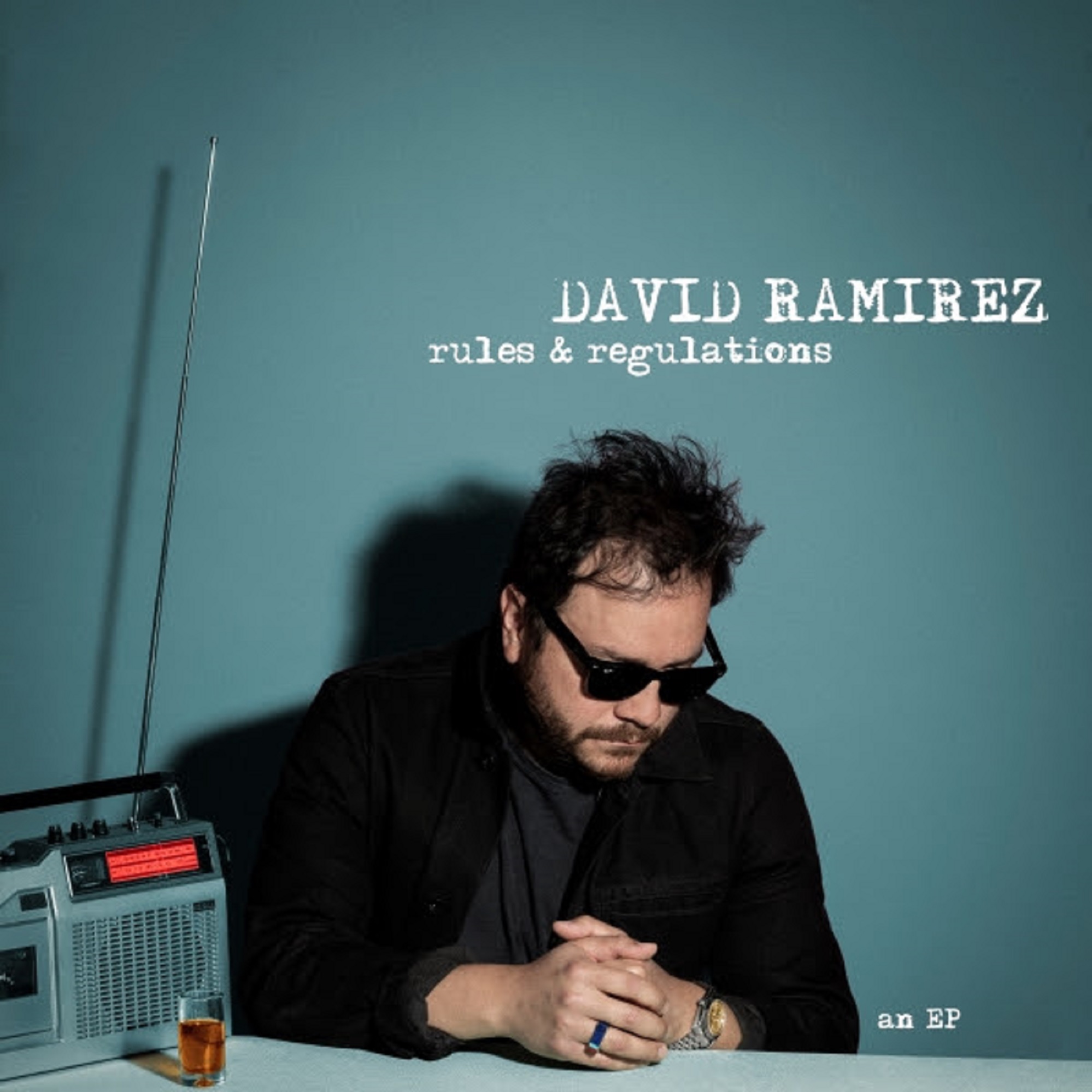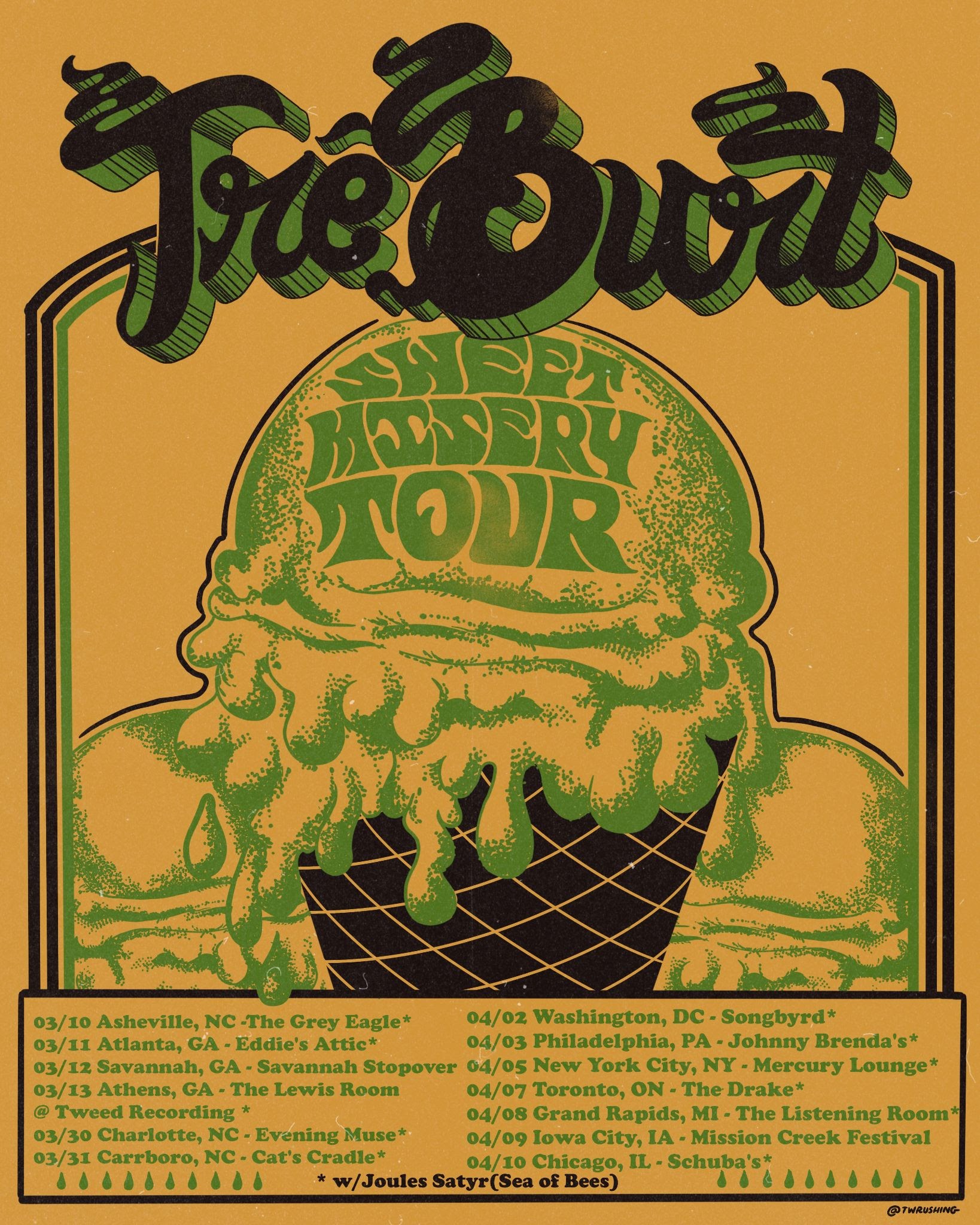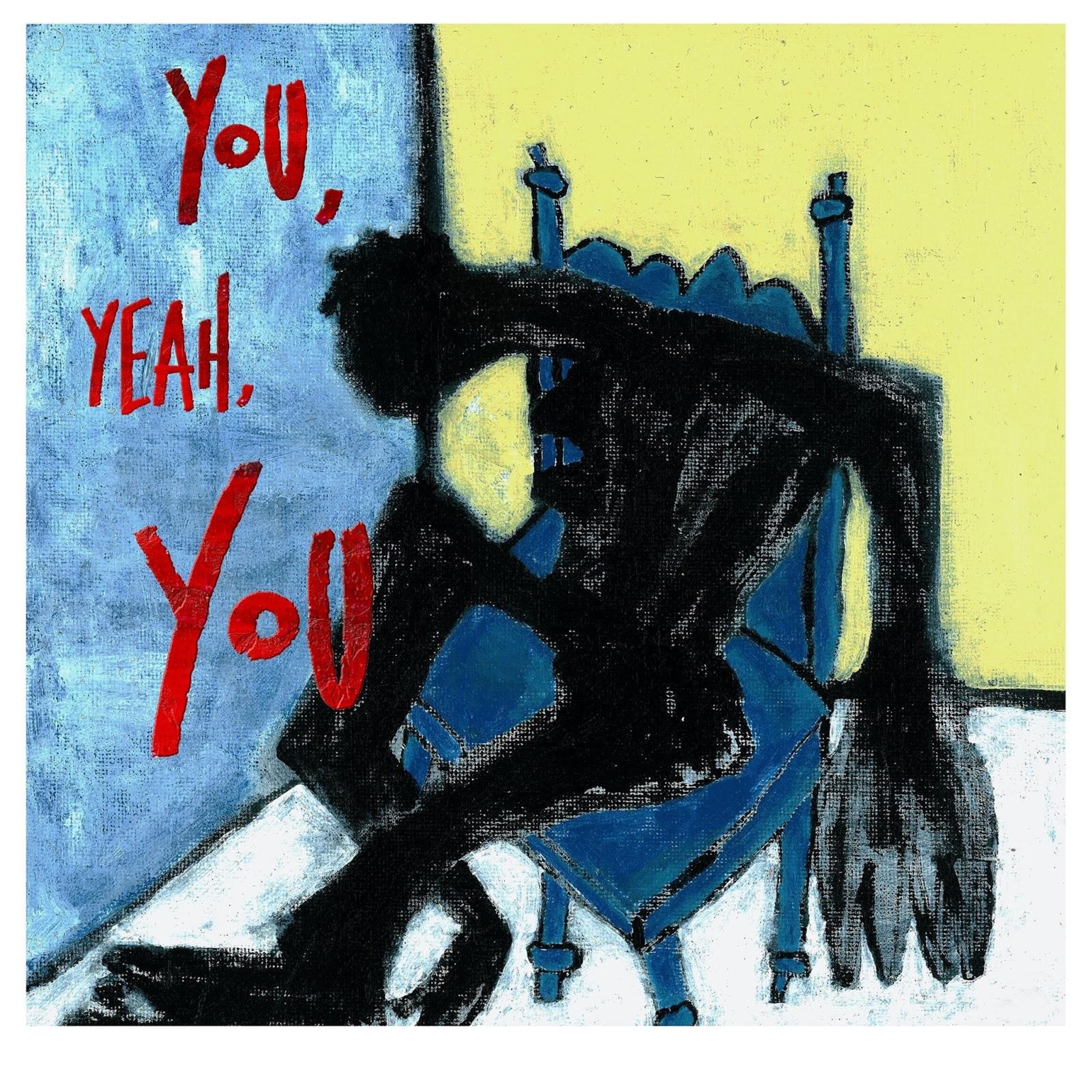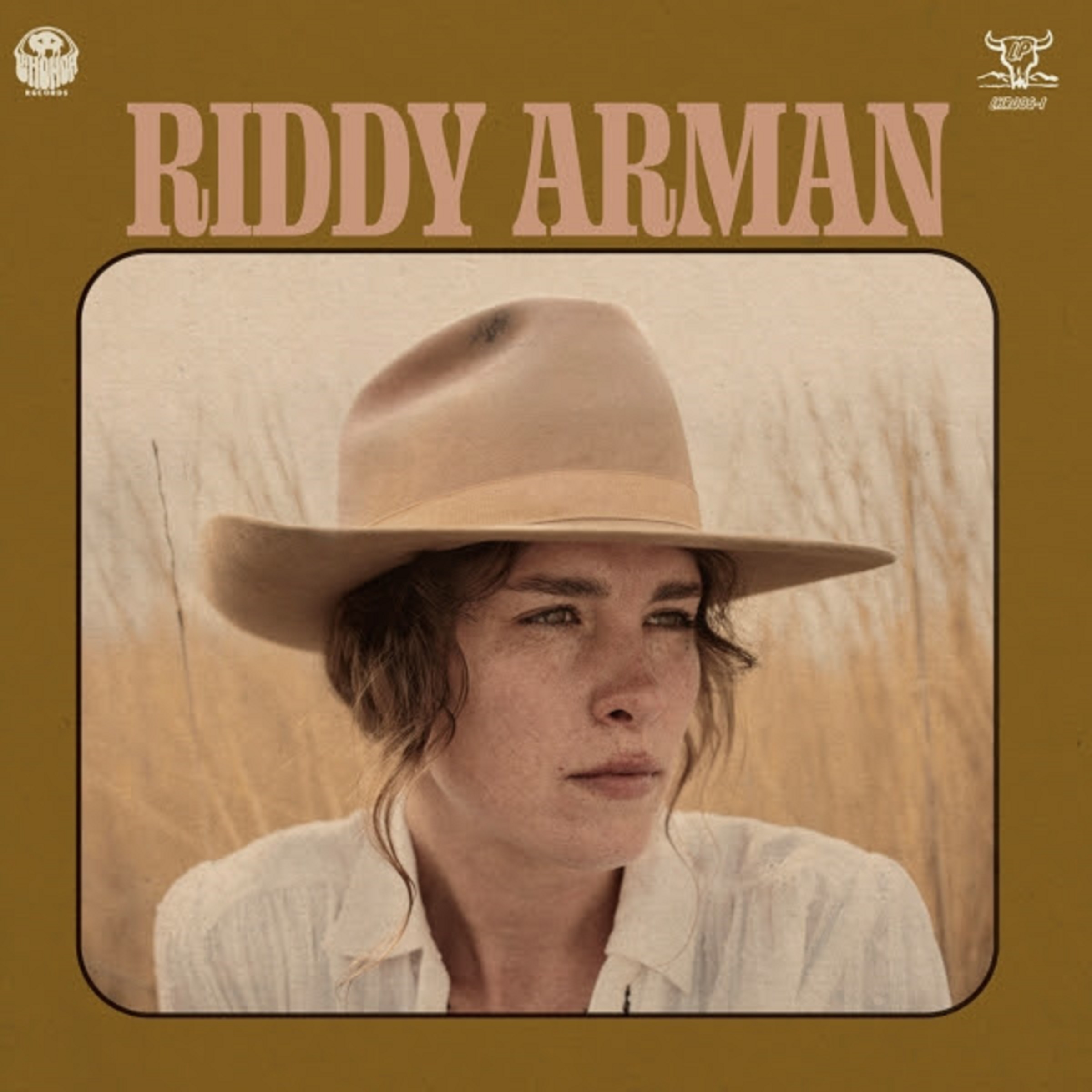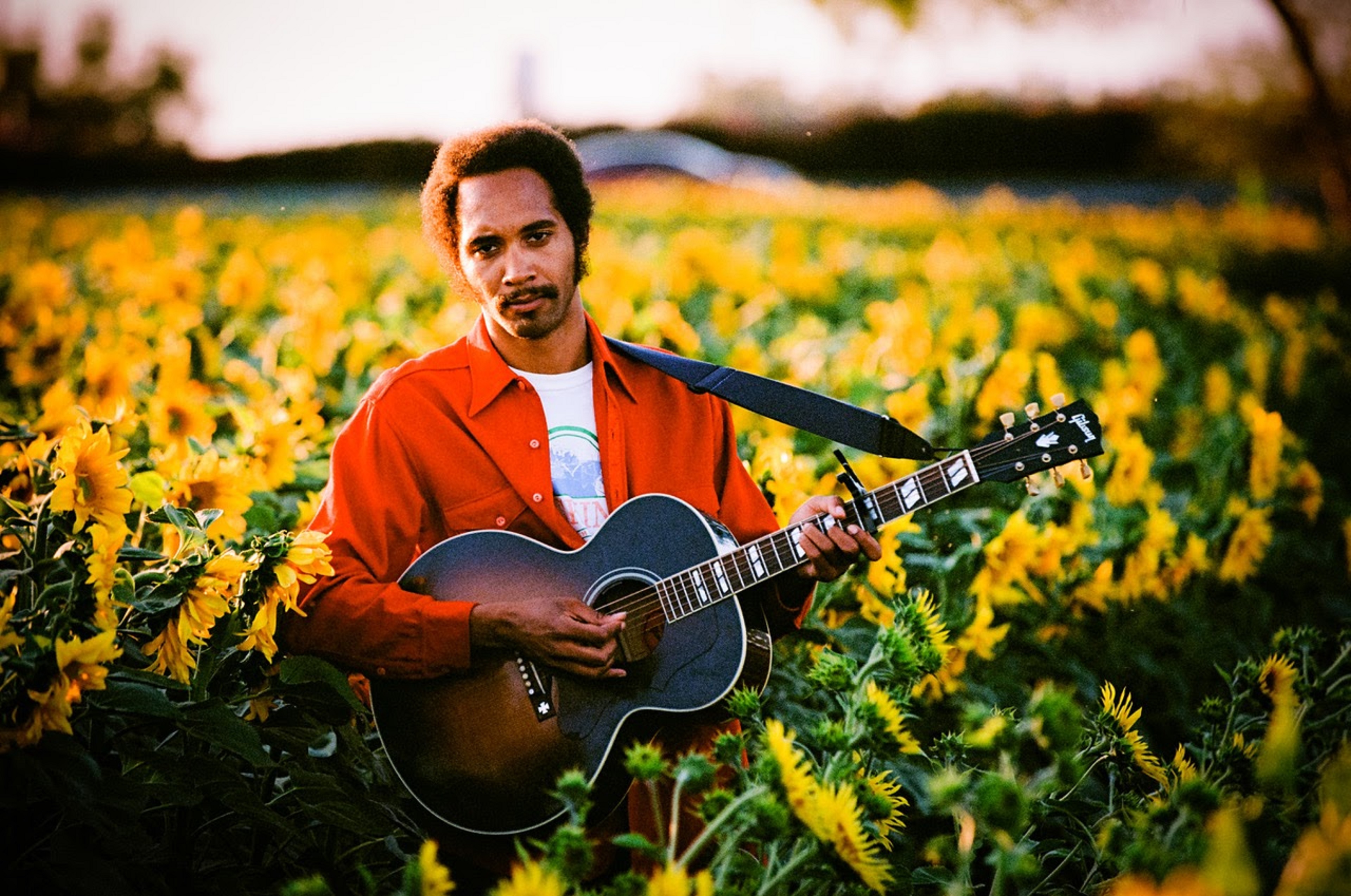One can imagine that looking for reasons to write a protest song in an era defined by a ceaseless barrage of heartbreak and outrage could be a bit like drinking from a fire hose. On U.S.P.S. - United Songwriters for the People’s Sovereignty, so named as a show of solidarity with the recently much-maligned United States Postal Service and available via Bandcamp today, each of its ten featured acts have managed to find the words necessary to wrestle with their respective subjects, which include police violence, voting rights, climate change, history’s influence on the present, and our shared responsibility to act against injustice. The album will remain on Bandcamp through election day and for their part, all of the artists on U.S.P.S. - United Songwriters for the People’s Sovereignty have agreed to donate 100% of the proceeds to the ACLU.
On the collection’s opener, “For the Change,” Michigan singer-songwriter May Erlewine contemplates this moment of reckoning, the role that her own actions or inactions may have played in its suppuration, and the work required to heal. “How can I bring my pain to the river, when the river itself I did drain? How did I let my greed get so thirsty? How can I show up for the change?”
Erelwine’s fellow Michiganders, The Accidentals and The Crane Wives, both make appearances on U.S.P.S. - United Songwriters for the People’s Sovereignty. Sonic and lyrical tension define The Accidentals’ “How Many Hands?,” a stirring meditation on the overwhelming and mercurial challenges that have been heaped on the shoulders of the young. Since the beginning of quarantine, the trio has been tirelessly performing while raising awareness of social causes and the importance of voting. The Crane Wives turned in a live recording of “Sowing Seeds.” The track features Fleetwood Mac-esque harmonies and concludes that we get what we deserve.
Boston singer-songwriter, Peter Mulvey, takes us through the haunting parallels between a few of the darkest moments from our past and the present with “The Cruelty of History.” Mulvey, who is no stranger to protest songs, was awarded the North East Regional Folk Alliance’s inaugural “Artist Advocate” award. Paul Stookey of Peter, Paul, and Mary was in attendance and presented Mulvey with the award. In 2015, Stookey joined more than 200 other songwriters in adding a third verse of their own to Mulvey’s tribute to the nine parishioners shot and killed in Charleston’s Emanuel African Methodist Episcopal Church, “Take Down Your Flag.” In this song, Mulvey, along with a broad community of songwriters, lays out a case for South Carolina to retire its flag, the design of which incorporates the Confederate flag.
Of Portland, Oregon’s Anna Tivel, Peter Mulvey once said, “[She] chooses over and over to dwell unguardedly within the simple humanity of others.” That trait is once again on display in her contribution to the effort, “Black Umbrella.” In this song, Tivel narrates the tale of a Black teen who intervenes in a bank robbery with fatal and undeserved consequences. This frustrating and frustratingly common story is brought lower by the dismissive summary of the protagonist’s efforts included in the following day’s newspaper.
Further and explicitly describing just how commonly and openly violence is waged against Black people is Washington D.C.’s Crys Matthews’s “How Many More?.” It’s hard not to wince listening to the song’s three verses in which Matthews recites impossibly long lists of names of Black persons killed without cause or consequence. These lists are punctuated by the refrain, “How many more marches will it take? How many more days of this until we break? And if you won’t ask how much more could you bear, how many ‘I can’t breathes’ until you care?”
Boston songwriters are well-represented with contributions from Mark Erelli, Hayley Sabella, and newcomer, Alisa Amador, whose song opens with a poem spoken in Spanish about the experience of growing up Latinx in this country. In 2019, Erelli was nominated for “Song of the Year” by the Americana Music Association for “By Degrees,” an ensemble missive on gun violence that featured vocal performances from Rosanne Cash, Josh Ritter, Lori McKenna, Sheryl Crow, and Anaïs Mitchell. Here, he contributes “Hollow Man”, a song about a dangerous mix of reality TV and politics, which was written twenty years ago but its lyrics seem more poignant now than ever. Sabella’s “Window Song” was written shortly after the murder of George Floyd, the Minneapolis man who died after a police officer knelt on his neck for nine minutes, setting off a wave of protests around the globe that continue to this day. It is a promise and a call to actively build a better world by listening to and supporting the work of Black leaders.
Fittingly and without irony, U.S.P.S. - United Songwriters for the People’s Sovereignty closes with a song from TEOA (The End of America) titled “Holy Shit,” a blunt but warranted assessment of the current state of affairs and the crushing sense of overwhelm that many are feeling. The Brendon Thomas penned song addresses the importance of speaking out and having your voice heard during this critical time in our lives.
U.S.P.S. - United Songwriters for the People’s Sovereignty
For the Change, May Erlewine
Black Umbrella, Anna Tivel
The Cruelty of History, Peter Mulvey
Nudo de raíces / Searching For Reasons (Live from Club Passim), Alisa Amador
How Many Hands?, The Accidentals
How Many More?, Crys Matthews
Hollow Man, Mark Erelli
Window Song, Hayley Sabella
Sowing Seeds, The Crane Wives
Holy Shit, TEOA









